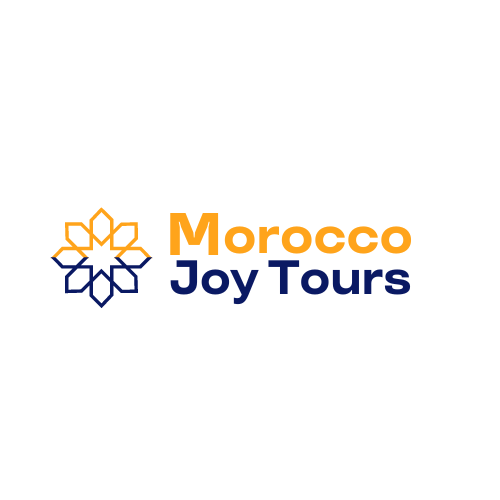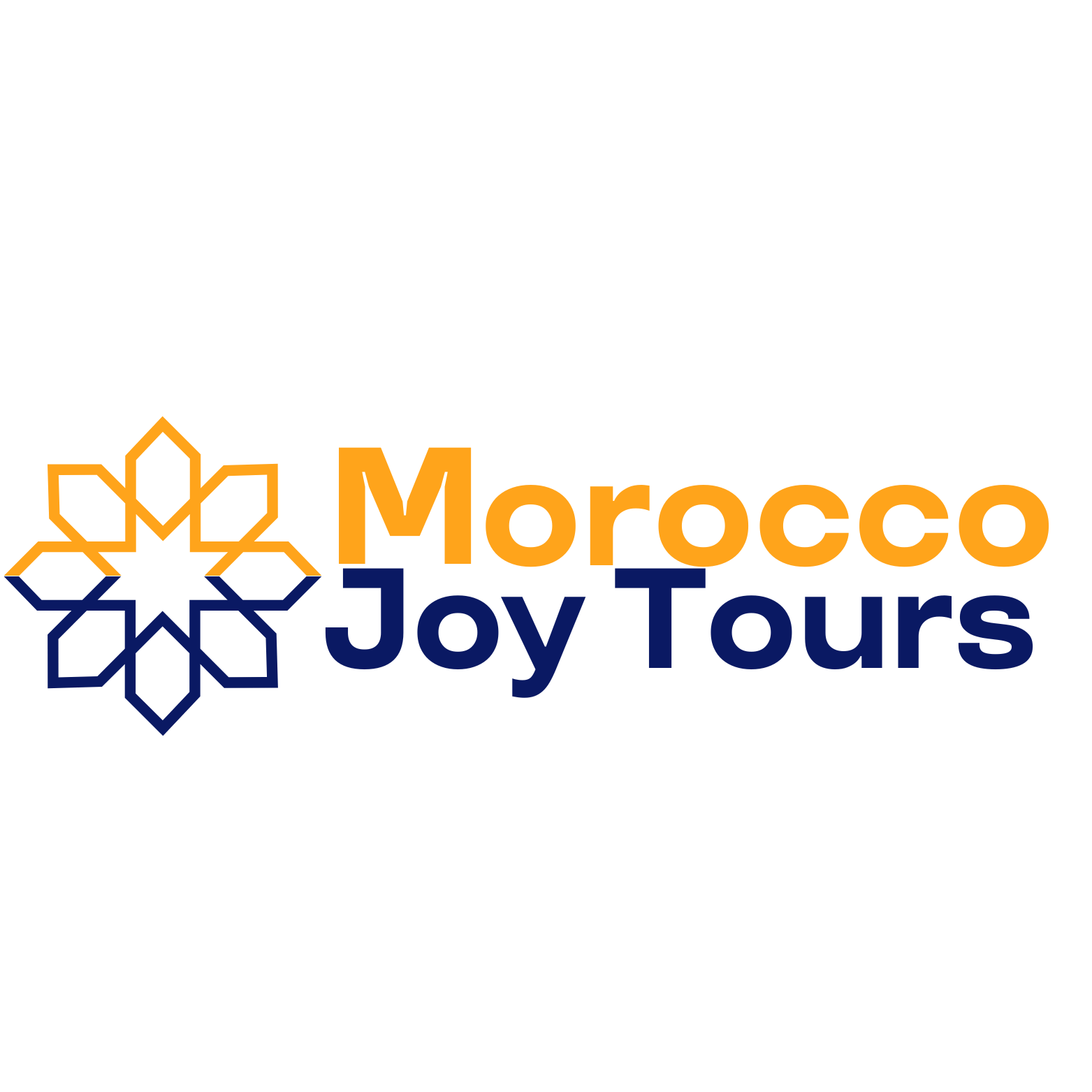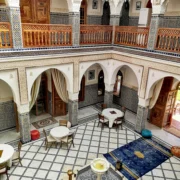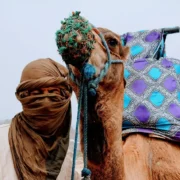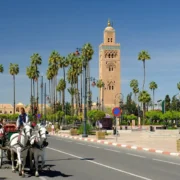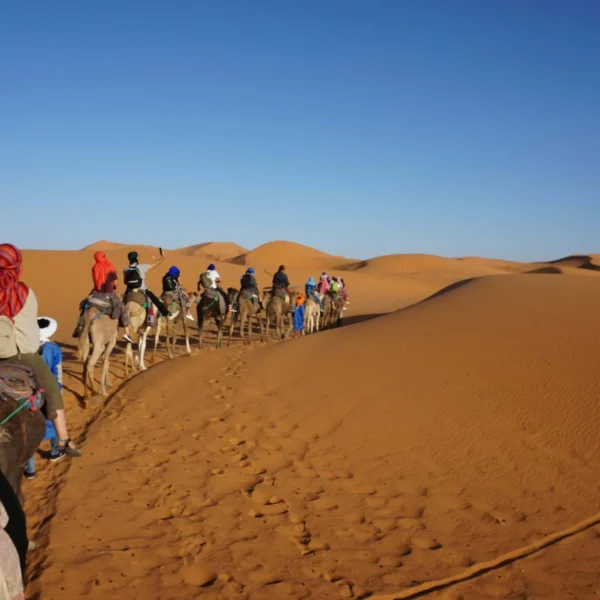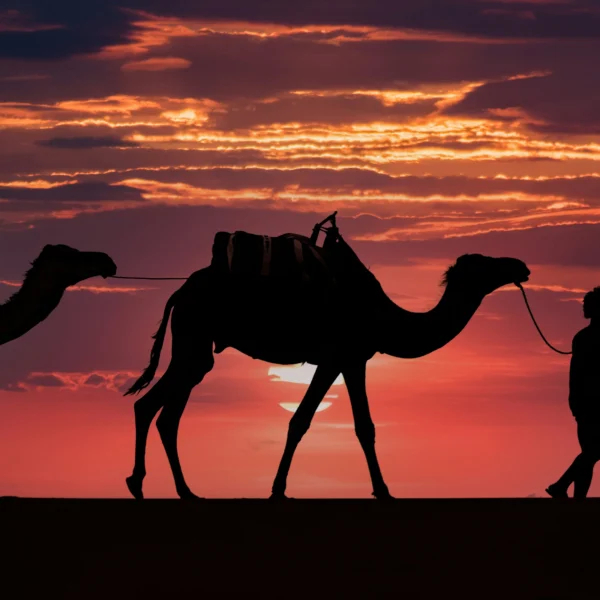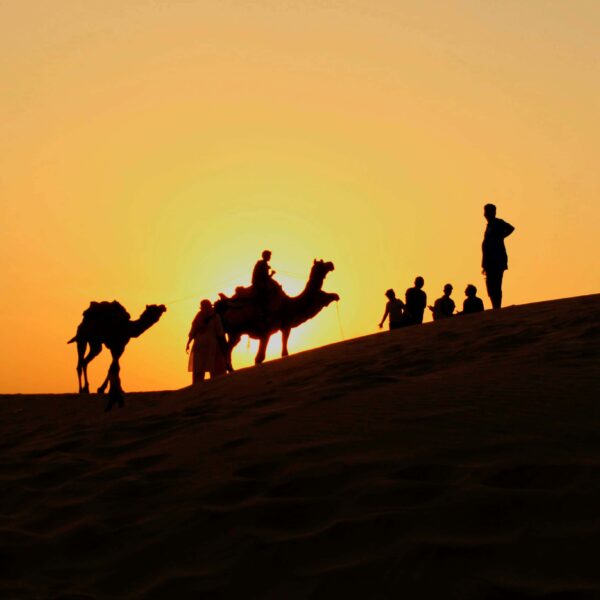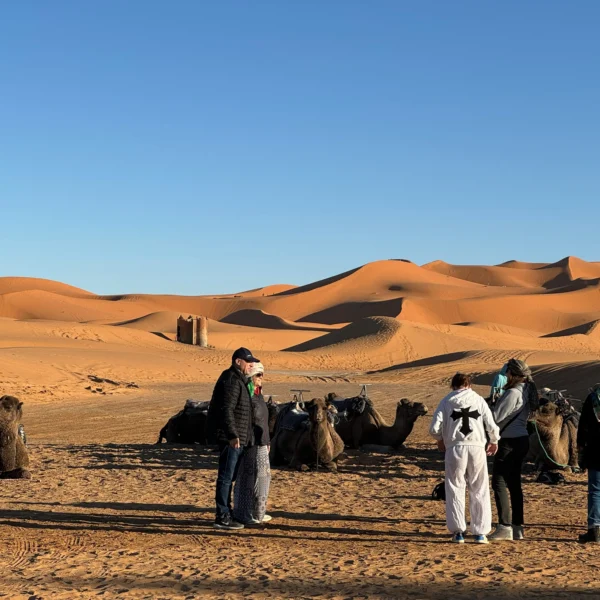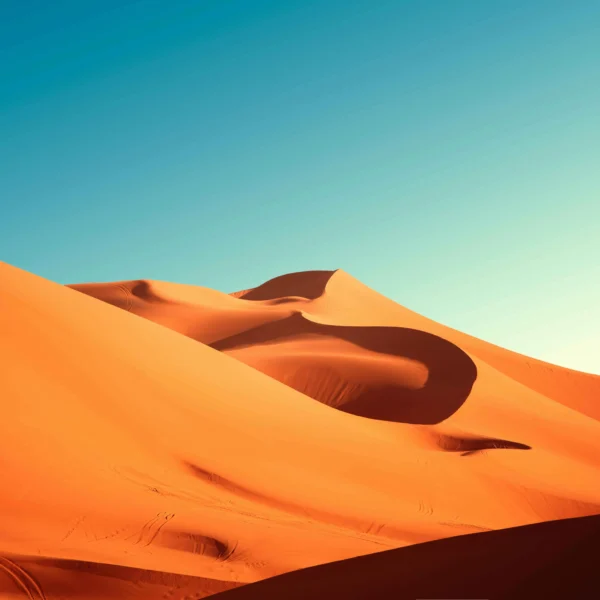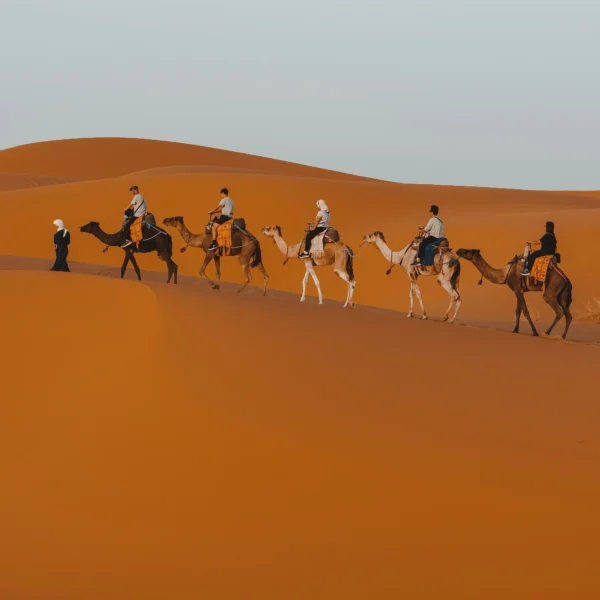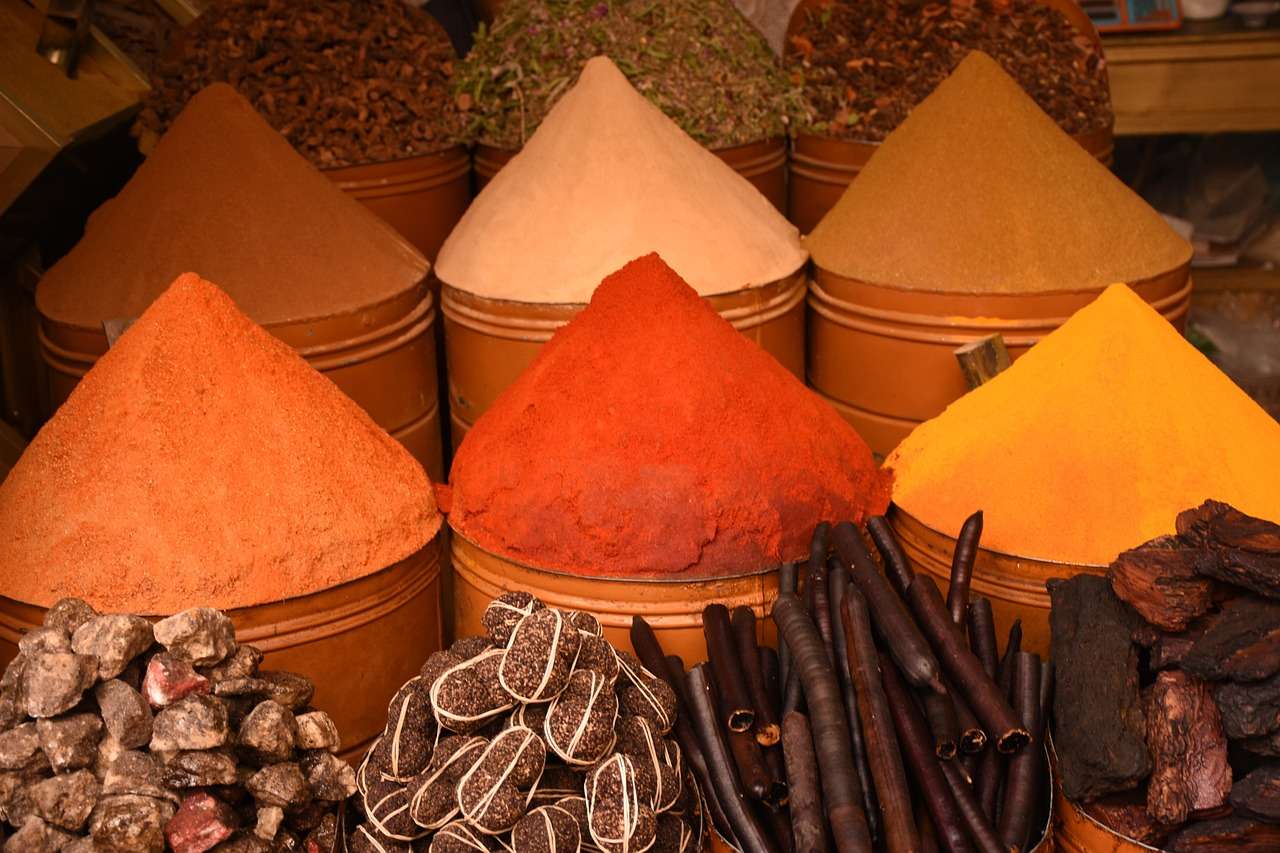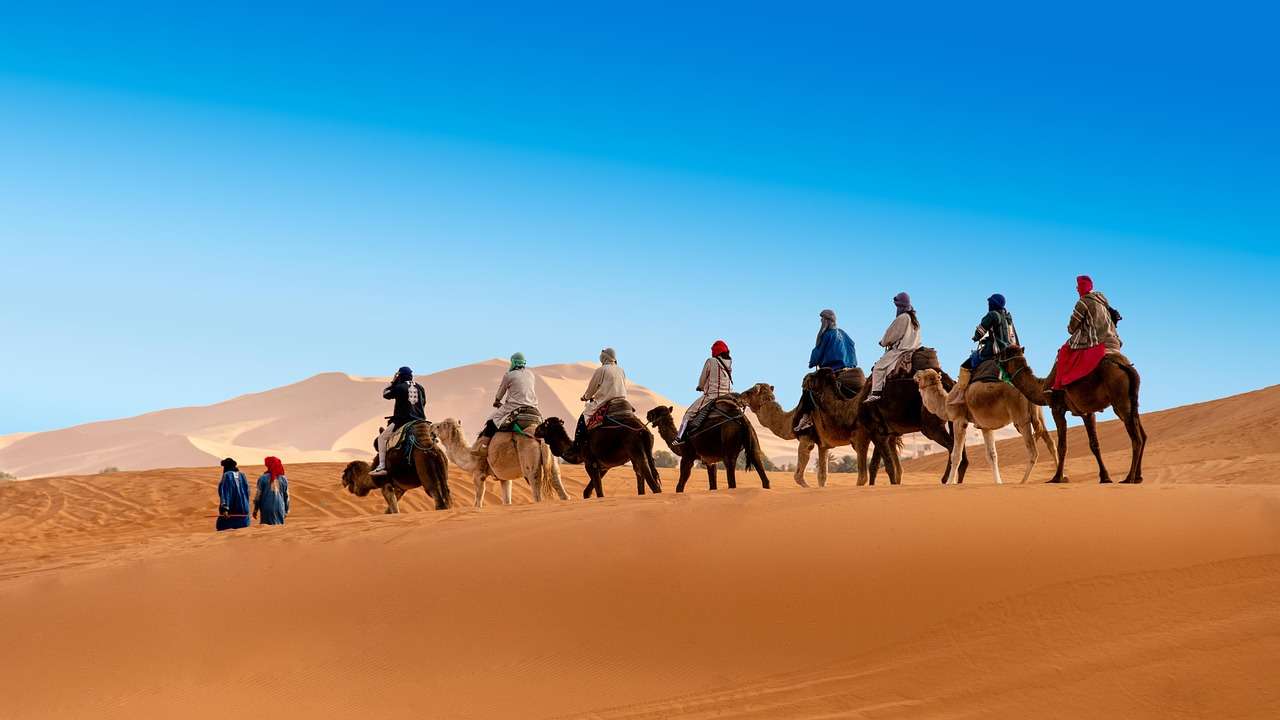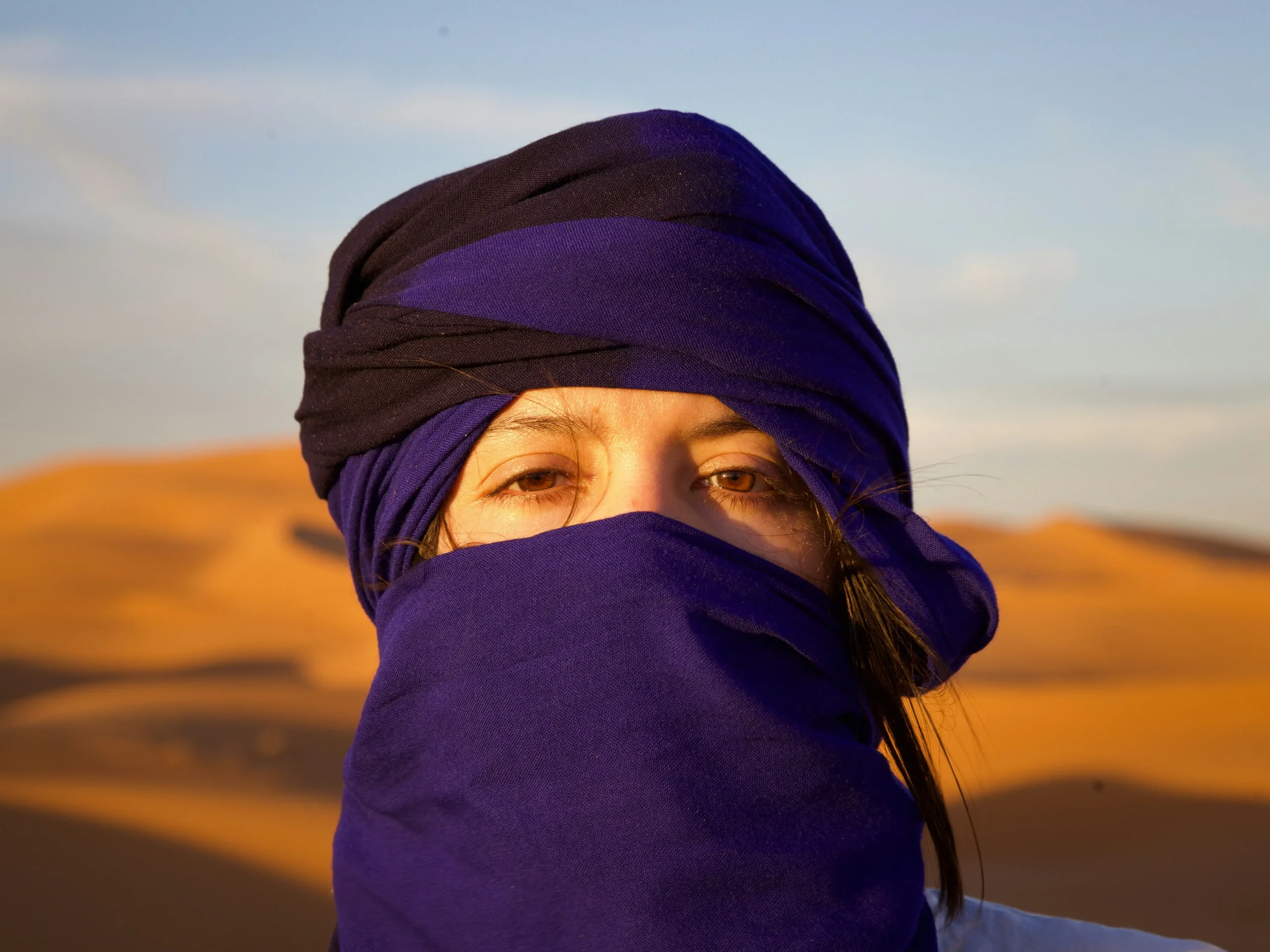
Morocco Tours That Will Leave You Breathless: Your Ultimate Guide to Morocco
Table of Contents
ToggleHave you ever dreamed of wandering through vibrant, labyrinthine markets where the air is filled with the scent of exotic spices? Or perhaps riding a camel across golden sand dunes as the sun sets on the horizon? Morocco tours offer these experiences and so much more. As someone who’s fallen head over heels for this North African gem, I’m thrilled to be your virtual guide through this magical country that seamlessly blends ancient traditions with modern flair.
Morocco is like an intricate tapestry, woven with threads of diverse cultures, breathtaking landscapes, and rich history. From the snow-capped Atlas Mountains to the vast Sahara Desert, from bustling medinas to tranquil coastal towns, Morocco tours provide travelers with an unforgettable journey through a land where time seems to stand still yet moves forward at its own unique rhythm.
Why Morocco Is a Must-Visit Destination
Morocco sits at the crossroads of Europe, Africa, and the Middle East, creating a cultural melting pot that’s absolutely intoxicating. When you book Morocco tours, you’re not just signing up for a vacation—you’re embarking on a sensory adventure that will stay with you long after you’ve returned home.
What makes Morocco so special? It’s the way traditional and contemporary elements dance together in perfect harmony. Picture yourself sipping mint tea in a centuries-old medina, then later enjoying a cocktail at a rooftop bar overlooking the same ancient cityscape. It’s these contrasts that make Morocco tours so compelling.
“Morocco is a country where the very air you breathe is infused with stories thousands of years in the making. Each corner you turn reveals another chapter waiting to be discovered.”
The country’s geography is incredibly diverse—within a single day on Morocco tours, you could be skiing in the mountains in the morning and watching the sunset over the desert by evening. This geographic variety translates into an equally varied travel experience that few other destinations can match.
For first-time visitors and seasoned travelers alike, Morocco tours offer something fresh and exciting. The country’s stable political climate, well-developed tourism infrastructure, and legendary hospitality make it accessible without sacrificing authenticity.
Types of Morocco Tours for Every Traveler
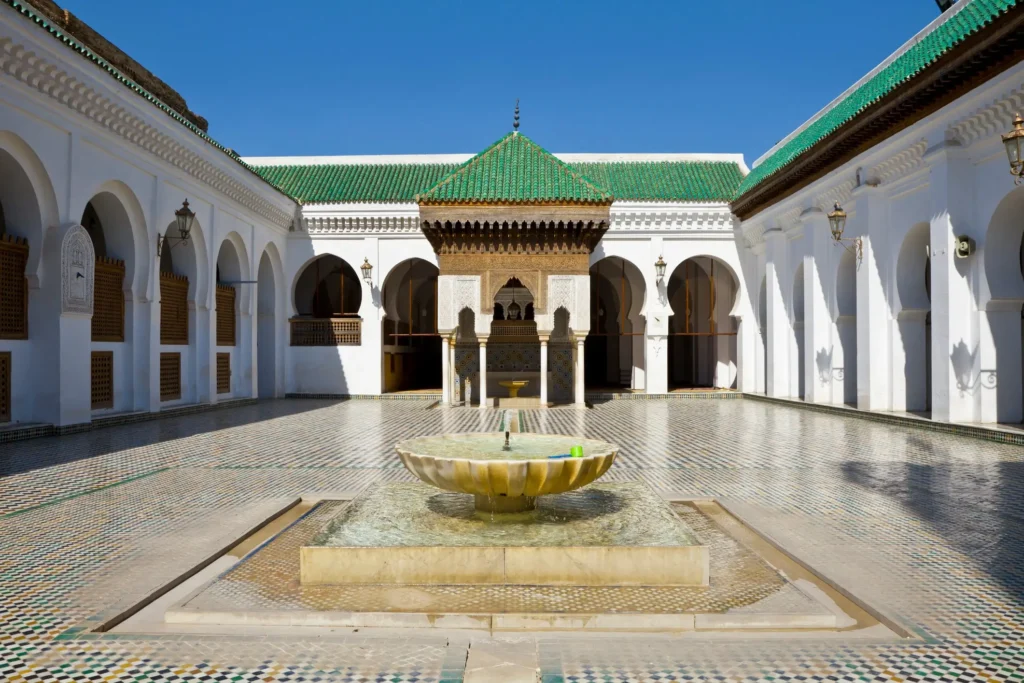
Not all Morocco tours are created equal, and that’s a beautiful thing! Depending on your travel style, budget, and interests, there’s a perfect Moroccan adventure waiting for you.
Luxury Morocco Tours: Experience the Royal Treatment
If you’ve been saving up for that once-in-a-lifetime trip, luxury Morocco tours will make you feel like royalty. Think private riads (traditional Moroccan houses with interior gardens) exclusively booked for you and your travel companions, with staff attending to your every need.
Luxury Morocco tours often include:
- Private transportation in high-end vehicles
- Five-star accommodations in historic palaces converted to hotels
- Exclusive experiences like private dinners in the desert with traditional entertainment
- Specialized guides with deep knowledge of Moroccan art, architecture, or cuisine
- Customized itineraries tailored to your personal interests
During my last luxury tour experience, I was blown away by the attention to detail—right down to having my favorite flowers arranged in my room each evening. Worth every dirham!
Budget-Friendly Morocco Tours: Adventure Without Breaking the Bank
Traveling on a shoestring budget? No problem! Morocco is one of those rare destinations where you can have incredible experiences without emptying your wallet. Budget-friendly Morocco tours focus on authentic experiences rather than luxury amenities.
These tours might include:
- Stays in charming, family-run guesthouses
- Group transportation to share costs
- Street food tours showcasing Morocco’s delicious, affordable cuisine
- Free or low-cost attractions like hiking in the Atlas Mountains
- Local markets where you can practice your bargaining skills
I’ve found that some of my most memorable Moroccan moments came from budget tours where I shared a simple tagine with a Berber family or chatted with fellow travelers in a hostel courtyard under the stars.
Cultural Immersion Tours: Connect With Local Traditions
Are you the type of traveler who wants to go beyond tourist attractions and really understand a place? Cultural immersion Morocco tours dig deeper into the country’s rich heritage and traditions.
These specialized Morocco tours often include:
- Home stays with local families
- Traditional craft workshops (pottery, weaving, leatherwork)
- Language lessons to learn basic Arabic or Berber phrases
- Participation in local festivals and celebrations
- Visits to less-touristed villages where traditional ways of life prevail
I’ll never forget learning to make authentic couscous from scratch with a grandmother in a small Atlas Mountain village. Her hands moved with such practiced precision that what would take me hours looked like an effortless dance when she did it.
Adventure Morocco Tours: For the Thrill-Seekers
If sitting on a beach sounds boring to you, adventure Morocco tours will get your adrenaline pumping! Morocco’s diverse landscapes create the perfect playground for active travelers.
Adventure-focused Morocco tours typically include:
- Desert activities like sandboarding down dunes
- Mountain biking through remote Berber villages
- Rock climbing in the Todra Gorge
- Multi-day trekking in the High Atlas, possibly summiting Mount Toubkal
- Surfing along Morocco’s Atlantic coast
My legs were sore for days after climbing the towering sand dunes at Erg Chebbi, but watching the sunset from the top made every burning step worthwhile.
Top Destinations to Include in Your Morocco Tour
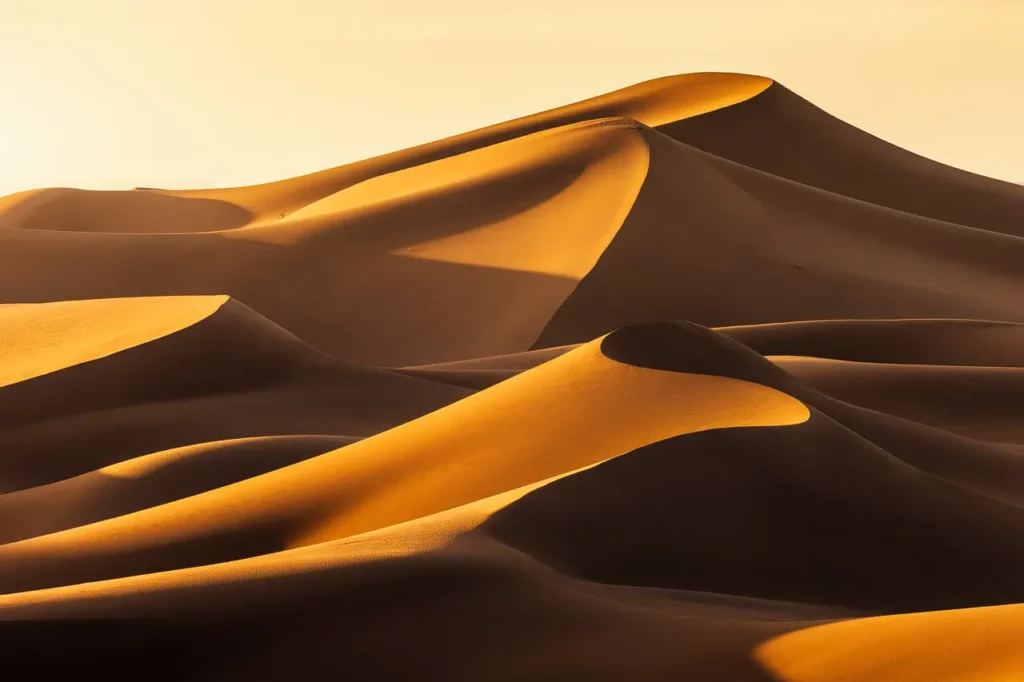
When planning Morocco tours, certain destinations stand out as absolute must-visits. Here’s where you should consider including in your itinerary:
Marrakech: The Red City’s Bustling Medina and Gardens
The beating heart of Morocco tourism, Marrakech is like stepping into a living storybook. The centerpiece of most Morocco tours, Marrakech’s Jemaa el-Fnaa square transforms from a daytime market to an evening carnival of storytellers, musicians, and food stalls.
Beyond the famous square, make sure your Morocco tours include:
- The Majorelle Garden, a peaceful blue-hued oasis once owned by Yves Saint Laurent
- The Bahia Palace with its stunning Islamic architecture and intricate tilework
- The souks (markets) where everything from spices to hand-crafted lanterns are sold
- The Koutoubia Mosque, whose minaret dominates the skyline
- The newly opened Yves Saint Laurent Museum celebrating the designer’s connection to the city
Pro tip: When exploring Marrakech during your Morocco tours, rise early to experience the medina before the crowds arrive. There’s something magical about watching the ancient city wake up.
Fes: Step Back in Time in the Ancient Medina
Many travelers on Morocco tours find Fes even more authentic than Marrakech. Its medina, a UNESCO World Heritage site, is the world’s largest car-free urban area, with 9,000 narrow streets and alleys that seem designed to make you happily lost.
Highlights of Fes that should be included in comprehensive Morocco tours:
- The ancient tanneries where leather is still processed using medieval techniques
- The Al-Qarawiyyin University, considered the oldest continuously operating university in the world
- Bou Inania Madrasa with its stunning example of Marinid architecture
- The Jewish Quarter (Mellah) showcasing Morocco’s multi-cultural heritage
- Artisan workshops where traditional crafts are still practiced exactly as they were centuries ago
During my visit to Fes, I found myself completely disoriented within minutes of entering the medina. Rather than consulting a map, I surrendered to the maze and discovered hidden workshops, tiny mosques, and friendly locals that no guidebook could have led me to.
Chefchaouen: Exploring the Blue Pearl of Morocco
Like a piece of sky that fell to earth, Chefchaouen‘s blue-washed buildings create one of the most photogenic stops on any Morocco tours. Nestled in the Rif Mountains, this charming town offers a more relaxed pace than the major cities.
When visiting Chefchaouen during Morocco tours, don’t miss:
- Wandering the blue-hued medina and discovering why each shade of blue tells a story
- Hiking to the Spanish Mosque for panoramic sunset views
- Shopping for handwoven blankets and clothing made from local wool
- Sampling the region’s specialty goat cheese
- Visiting the kasbah museum in the town center
I found Chefchaouen to be the perfect place to recharge during my Morocco tours. There’s something about those blue walls that soothes the soul after the intensity of cities like Marrakech and Fes.
Sahara Desert: Magical Nights Under the Stars
No article about Morocco tours would be complete without mentioning the Sahara experience. The massive dunes of Erg Chebbi and Erg Chigaga offer travelers a chance to connect with the timeless desert landscape.
The classic Sahara experience on Morocco tours includes:
- Camel trekking across the dunes as the sun sets
- Overnight stays in desert camps ranging from basic to luxurious
- Traditional Berber music around a campfire
- Stargazing in some of the clearest skies you’ll ever see
- Watching the sunrise transform the sand from cool blue to fiery gold
“The silence of the Sahara speaks louder than words. When the last camel bell fades and night falls over the dunes, you’ll understand why Morocco’s desert has inspired poets and dreamers for centuries.”
Even as someone who typically can’t disconnect, I found myself happily surrendering my phone (and its spotty service) during my night in the Sahara. Some experiences are meant to be lived, not documented.
Seasonal Guide: When to Book Your Morocco Tour
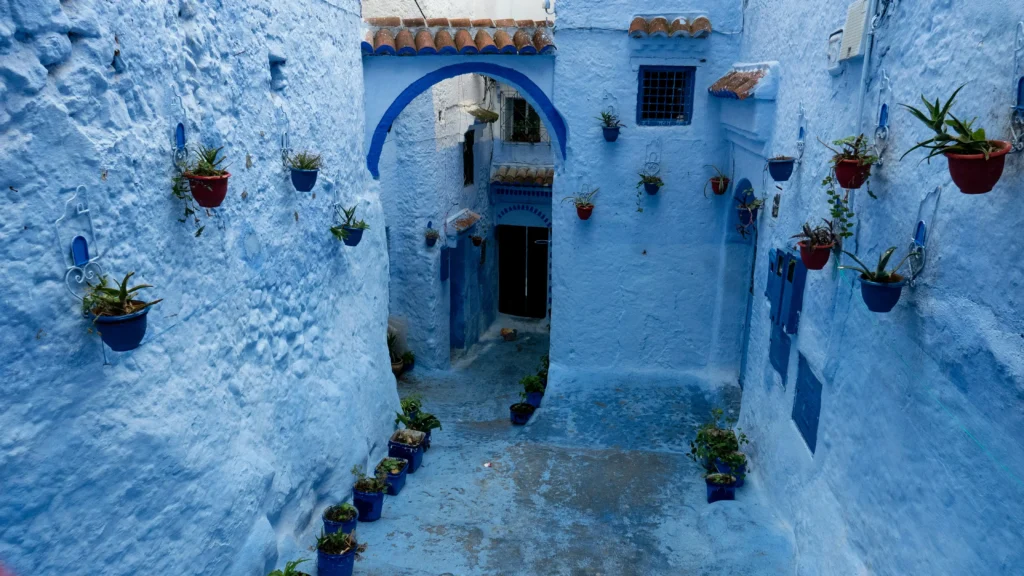
Timing can make or break your experience with Morocco tours. The country experiences distinct seasons, each offering different advantages for travelers.
Peak Seasons vs. Off-Peak: Pros and Cons
Peak Season (March-May and September-November)
The most popular times for Morocco tours feature pleasant temperatures and vibrant cultural activities. However, this popularity comes with trade-offs:
Pros:
- Ideal weather for exploring both cities and outdoor attractions
- Bustling markets and cultural sites operating at full capacity
- Vibrant festivals and events, especially in spring
- Desert temperatures that are comfortable, especially at night
Cons:
- Higher prices for accommodations and tours
- More crowds at popular sites
- Need to book Morocco tours well in advance
- Potential for seasonal price increases
Off-Peak Season (Summer and Winter)
If you’re flexible with your Morocco tours schedule, consider the benefits of traveling during off-peak times:
Summer (June-August) Pros and Cons:
- Fewer tourists at major attractions
- Better deals on accommodations and Morocco tours packages
- Coastal areas offer relief from inland heat
- Perfect conditions for high mountain trekking
Summer’s major drawback is the intense heat, particularly in inland cities like Marrakech and Fes, where temperatures can exceed 100°F (38°C). Desert excursions may be limited during extreme heat.
Winter (December-February) Pros and Cons:
- Significantly lower prices on Morocco tours
- Snow-capped Atlas Mountains create spectacular scenery
- Pleasant temperatures in southern regions
- Christmas and New Year celebrations offer unique cultural fusions
Winter travelers should note that mountainous regions can be cold, with occasional road closures due to snow. Desert nights get very cold, though daytime temperatures remain comfortable.
Weather Considerations for Your Morocco Adventure
Given Morocco’s diverse geography, weather varies dramatically by region. When planning Morocco tours, consider these regional variations:
Coastal Cities (Casablanca, Rabat, Essaouira):
- Moderated by the Atlantic Ocean
- Mild year-round with temperatures rarely exceeding 85°F (29°C)
- Windy conditions, especially in Essaouira (great for windsurfing!)
- Winter brings rainfall but rarely extreme cold
Inland Cities (Marrakech, Fes):
- Hot, dry summers with temperatures reaching 100°F (38°C)
- Mild winters with occasional rainfall
- Significant day-to-night temperature variations
- Spring brings potential for sandstorms (khamsin)
Mountain Regions (Atlas Mountains):
- Snow possible from November through April
- Summer offers perfect hiking conditions
- Dramatic temperature drops at night regardless of season
- Rainfall more common than in lowland areas
Desert Regions (Merzouga, M’Hamid):
- Extreme summer heat exceeding 115°F (46°C)
- Winter days are pleasant, but nights can drop below freezing
- Very little rainfall throughout the year
- Large temperature swings between day and night
I’ll never forget being bundled in multiple blankets during my December desert camp experience, having packed only lightweight clothing after sweltering in Marrakech just hours earlier!
Planning Your Morocco Tour: Essential Tips
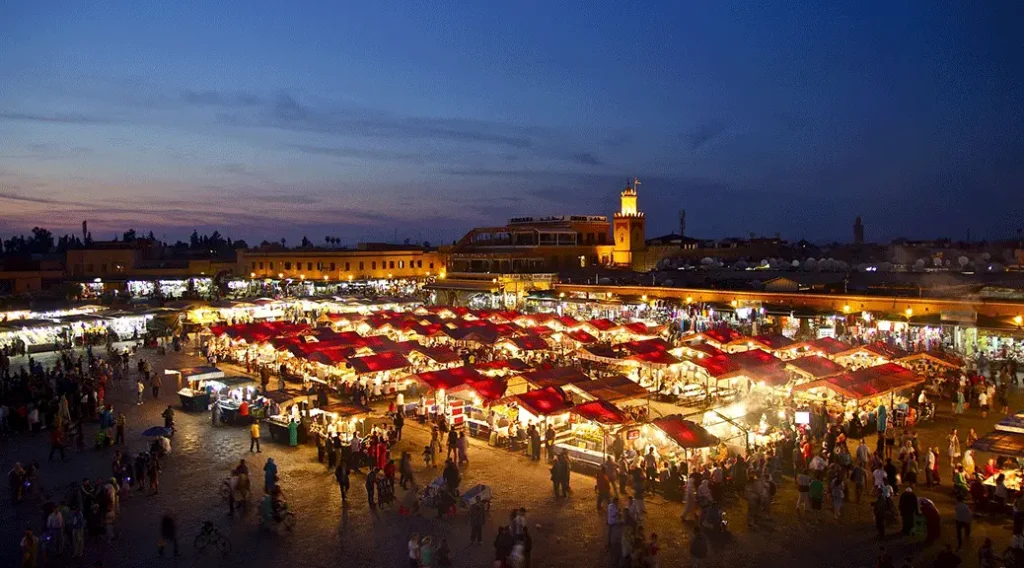
Whether you’re organizing your own itinerary or booking pre-arranged Morocco tours, these planning tips will help ensure a smooth journey.
How Long to Stay: Ideal Itinerary Durations
Morocco rewards those who can linger. While you can get a taste of the country on shorter Morocco tours, I recommend the following timeframes:
7-10 Day Morocco Tours: Perfect for first-timers wanting to see the highlights. A typical itinerary might include:
- 3 days in Marrakech
- 2 days in Fes
- 1-2 days in the Sahara
- Brief stops in connecting cities like Casablanca or Rabat
14-Day Morocco Tours: This sweet spot allows for deeper exploration:
- The highlights mentioned above
- Plus additions like Chefchaouen
- Time for coastal towns like Essaouira
- Relaxed pace with time to wander and discover
21+ Day Morocco Tours: For those looking to truly immerse themselves:
- All major destinations with multiple days in each
- Off-the-beaten-path locations like Tafraoute or Skoura
- Specialized activities like cooking classes or crafts workshops
- Day trips to smaller villages and natural attractions
In my experience, the biggest regret travelers have about their Morocco tours is not allowing enough time. The country has a way of slowing you down—fighting this natural rhythm only leads to frustration.
Transportation Options Within Morocco
Getting around during Morocco tours is half the adventure! Consider these options:
Private Driver/Guide:
- Most convenient and educational option
- Flexibility to stop whenever something interests you
- Local knowledge provides cultural context
- Higher cost but worth it for comfort and insights
Group Tours:
- Cost-effective way to see multiple destinations
- Social opportunity to meet other travelers
- Logistics handled by tour operators
- Less flexibility but good for first-time visitors
Public Transportation:
- Trains connect major cities with reliable, comfortable service
- CTM and Supratours buses reach destinations not served by rail
- Grand taxis (shared Mercedes) connect neighboring towns
- Most authentic way to travel but requires patience and basic French or Arabic
Self-Driving:
- Offers ultimate flexibility for Morocco tours
- Challenging due to different driving norms and signage
- Not recommended for cities (medinas are car-free)
- Best for confident drivers exploring rural areas
I’ve tried all these options during various Morocco tours, and my preference is a combination approach: private driver for desert and mountain journeys, trains between major cities, and walking within urban areas.
Accommodation Choices: From Riads to Desert Camps
Where you stay during Morocco tours significantly impacts your experience. Consider these distinctive options:
Riads: These traditional houses built around central courtyards offer the quintessential Moroccan accommodation experience.
- Located in medinas, putting you in the heart of historical areas
- Each one uniquely decorated with traditional craftsmanship
- Often family-run with personalized service
- Range from basic to ultra-luxurious
Desert Camps: An essential component of Sahara Morocco tours, these range from simple Berber tents to glamping setups.
- Basic camps offer authentic experience with shared facilities
- Luxury camps include private bathrooms and gourmet meals
- Most include traditional music and stargazing
- Unforgettable experience regardless of comfort level
Hotels and Resorts: For those preferring modern amenities during Morocco tours, international and local chains provide familiar comforts.
- Located primarily in new city areas and along the coast
- Swimming pools and full services available
- Good option for families needing space and facilities
- Miss out on some of the traditional charm
Kasbahs and Converted Palaces: These historic fortresses and noble residences have been transformed into unique accommodations.
- Often located in rural areas or smaller cities
- Architectural wonders with incredible history
- Blend of historic atmosphere with modern comforts
- Perfect for romantic Morocco tours or special occasions
During my Morocco tours, I’ve found mixing accommodation types enhances the experience—perhaps starting with modern hotels as you adjust to the country, then transitioning to riads for cultural immersion, with a desert camp adventure in between.
Moroccan Cuisine: A Culinary Journey on Your Tour
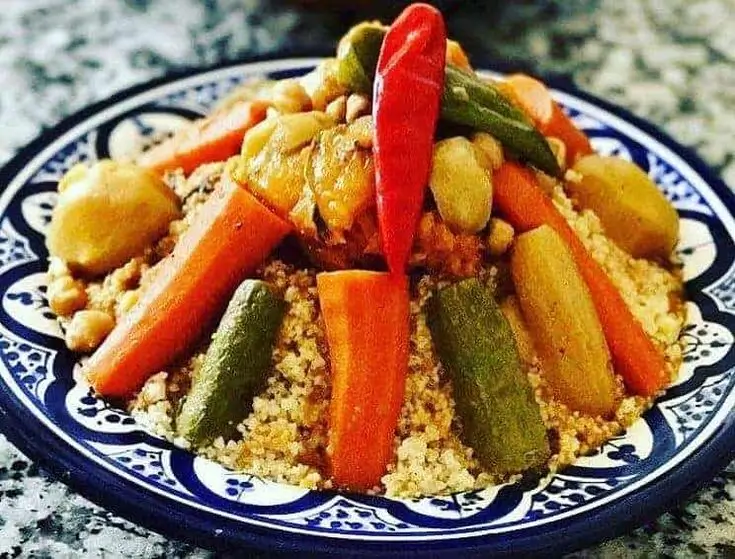
Food is a fundamental part of the cultural experience on Morocco tours. The country’s diverse culinary traditions reflect its geographic and cultural influences.
Must-Try Dishes and Where to Find Them
Your Morocco tours should include sampling these iconic dishes:
Tagine: Named after the conical clay pot it’s cooked in, tagine comes in countless varieties.
- Chicken with preserved lemon and olives is a classic
- Kefta (meatball) tagine often includes eggs poached on top
- Vegetable tagines showcase seasonal produce
- Best enjoyed at family-run restaurants away from tourist areas
Couscous: Traditionally served on Fridays, this semolina dish is Morocco’s comfort food.
- Typically topped with stewed meat and vegetables
- The fluffiness of the grain indicates the cook’s skill
- Regional variations include sweet versions with cinnamon and raisins
- Most authentic when eaten in a Moroccan home (some tours arrange this)
Pastilla: This sweet-savory pastry originally made with pigeon (now often chicken) symbolizes celebration.
- Layers of crisp warqa (similar to phyllo) wrapped around spiced meat
- Dusted with powdered sugar and cinnamon
- Traditional for special occasions and feasts
- Best found in Fes, the culinary capital of Morocco
Street Food: Morocco tours should include sampling the vibrant street food scene.
- B’ssara: Hearty fava bean soup, perfect for breakfast
- Msemen: Flaky, square-shaped pancakes served plain or with honey
- Snail soup: A Marrakech specialty said to have medicinal properties
- Makouda: Potato fritters often served in sandwich form
During my Morocco tours, I’ve made it a habit to ask locals where they eat—following their recommendations has never led me astray!
Food Tours and Cooking Classes
For culinary enthusiasts, specialized Morocco tours focusing on food provide deeper insights:
Market Tours: Guided visits to food markets reveal ingredients and traditions.
- Learn to identify exotic spices and specialty products
- Meet local vendors and hear their stories
- Sample seasonal specialties
- Understand regional differences in Moroccan cuisine
Cooking Classes: Hands-on learning experiences range from casual to professional.
- Most Morocco tours can arrange half-day cooking workshops
- Learn to prepare traditional dishes like tagine or couscous
- Techniques for bread baking in communal ovens
- Take home recipes as delicious souvenirs
One of my fondest memories from Morocco tours was mastering the art of making mint tea—it’s not just a beverage but a ceremony, with the tea poured from high above the glass to create a frothy top. Such a simple pleasure that I now recreate at home whenever I need a Moroccan moment.
Cultural Etiquette: Respectful Travel in Morocco
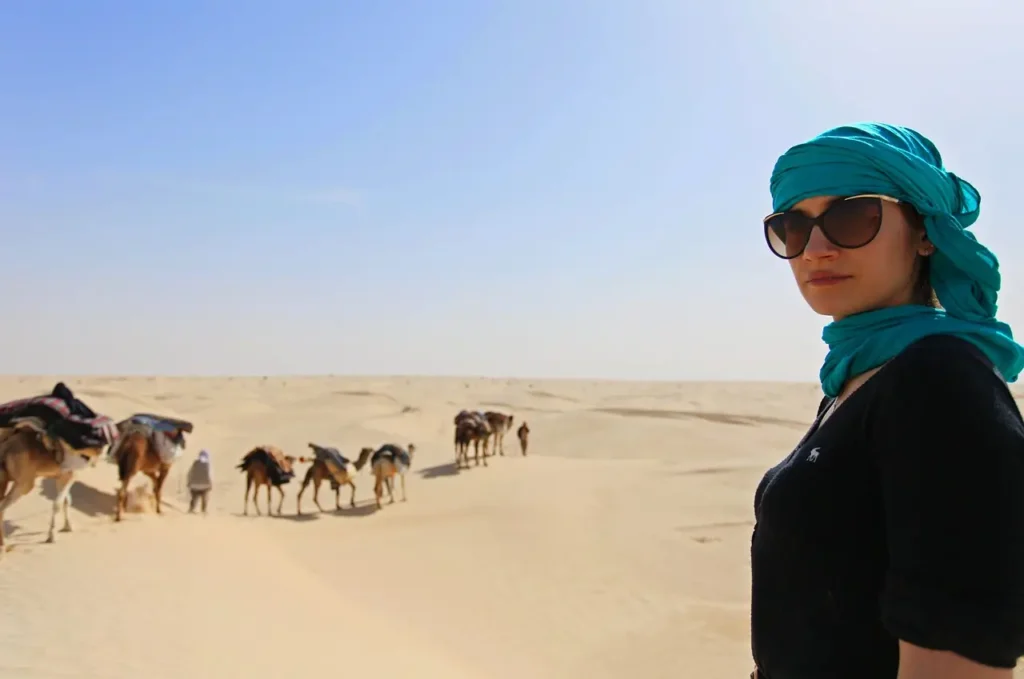
Successful Morocco tours involve understanding and respecting local customs and traditions. A little cultural awareness goes a long way in creating meaningful connections.
Dress Codes and Customs to Be Aware Of
Morocco is a Muslim country with conservative dress traditions, particularly outside tourist areas.
For Women:
- Shoulders and knees should be covered in public areas
- Loose-fitting clothing is both respectful and practical in the heat
- Scarves are useful for covering hair when visiting religious sites
- Beachwear should be limited to beach and pool areas only
For Men:
- Long pants are preferable to shorts, especially in religious or rural areas
- T-shirts are fine, but sleeveless tops may draw attention
- Neat appearance is appreciated, especially when meeting locals
General Tips:
- Remove shoes when entering someone’s home or certain areas of riads
- Dress more conservatively during Ramadan out of respect
- Photography permission should be requested before taking pictures of people
- Public displays of affection are frowned upon
On my first Morocco tours, I misjudged the dress code and packed too many sleeveless tops and shorts. I quickly adjusted by purchasing a beautiful local djellaba (loose-fitting robe) that kept me cool while remaining respectful.
Interacting With Locals: Do’s and Don’ts
Positive cultural exchanges enhance Morocco tours immeasurably.
Do:
- Learn basic greetings in Arabic or Berber
- Accept offers of mint tea when appropriate
- Use your right hand for eating and passing objects
- Respect prayer times, especially Friday midday prayers
Don’t:
- Rush negotiations or business discussions
- Photograph people without permission
- Enter mosques if you’re non-Muslim (with few exceptions)
- Expect rigid adherence to schedules—embrace “Morocco time”
Building rapport with locals during Morocco tours often yields unexpected delights. I once complimented a shopkeeper’s calligraphy, which led to an impromptu lesson and introduction to his family—experiences no amount of money can buy.
Shopping During Your Morocco Tour: Souvenirs to Bring Home
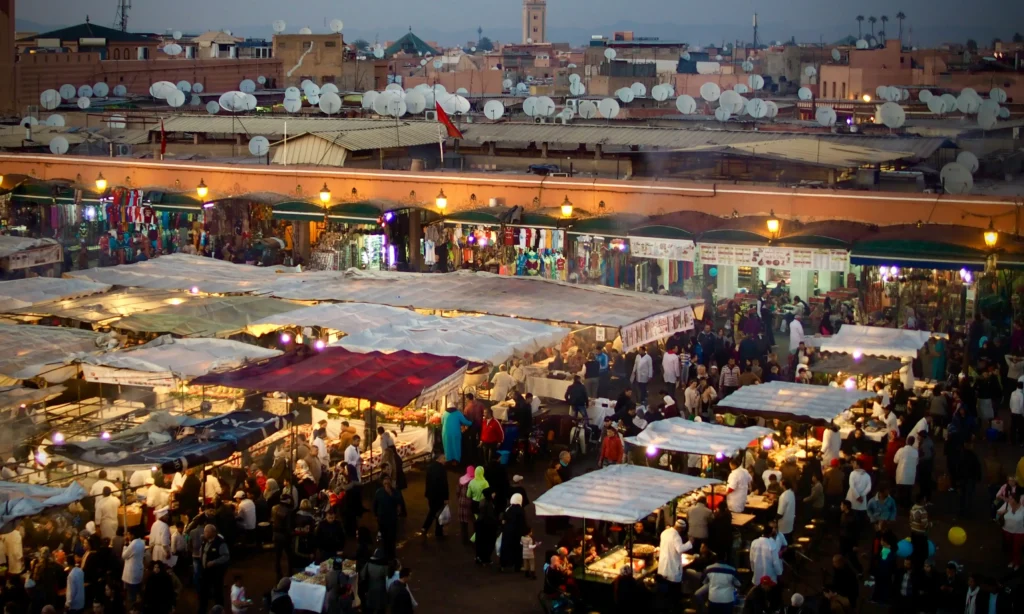
Shopping is practically a cultural experience during Morocco tours. The country’s artisans produce some of the world’s most distinctive crafts.
Navigating the Souks: Bargaining Tips
Haggling is expected and part of the fun during Morocco tours, but should be done respectfully.
Bargaining Basics:
- Start at approximately 40-50% of the initial asking price
- Maintain a friendly, good-humored approach
- Be prepared to walk away (often bringing you the best price)
- Remember that what seems like a small difference to you might be significant to the seller
Shopping Etiquette:
- Showing interest in an item means you’re considering buying it
- Accepting tea generally indicates serious shopping intentions
- Quality varies enormously—examine items carefully
- Credit cards are accepted in larger shops but cash (preferably dirham) is needed for most souks
My top shopping tip for Morocco tours: don’t buy the first thing you see. Spend time observing quality and prices before making decisions.
Authentic Crafts and Where to Find Them
Different regions of Morocco specialize in particular crafts, worth seeking out during your Morocco tours:
Fes:
- Ceramics and pottery with distinctive blue designs
- Fine embroidery and traditional Fassi leather goods
- Brass and copper work including intricate lanterns
Marrakech:
- Colorful textiles including carpets and blankets
- Wooden crafts and furniture with inlay work
- Leather goods including poufs and bags
Essaouira:
- Thuya wood items carved from fragrant roots
- Contemporary art inspired by the coastal setting
- Silver jewelry with Amazigh (Berber) designs
Atlas Mountains:
- Hand-knotted carpets from Berber villages
- Argan oil and cosmetic products
- Saffron and other premium spices
One of my most treasured souvenirs from Morocco tours is a handwoven kilim carpet I watched being made in a small Atlas Mountain village. Every time I look at it, I’m transported back to that moment—the rhythmic sound of the loom, the scent of mint tea, the pride in the weaver’s eyes.
Personalized Morocco Tour Experiences
Today’s travelers increasingly seek customized experiences reflecting their interests. Morocco tours excel at catering to special interests.
Private vs. Group Tours: Which Is Right for You?
Both options have distinct advantages when exploring Morocco.
Private Morocco Tours:
- Customized itinerary based on your preferences
- Flexible pacing with ability to linger at favorite spots
- Personalized attention from guides
- Privacy and comfort, especially important for families or couples
- Higher cost but often better value for groups of 4+
Group Morocco Tours:
- Lower cost per person makes experiences more accessible
- Social dimension of sharing experiences with fellow travelers
- Professional planning takes logistical stress away
- Often includes experiences difficult to arrange independently
- Set departure dates and fixed itineraries
I’ve experienced both and found that private Morocco tours excel when exploring remote areas where flexibility matters, while group tours can be wonderful for solo travelers seeking companionship or those exploring main routes.
Specialized Tours: Photography, Cooking, and More
Morocco’s diverse offerings inspire many themed Morocco tours:
Photography Tours:
- Timed to capture the best light at iconic locations
- Access to hidden photogenic spots
- Technical guidance from professional photographers
- Like-minded travelers to share techniques with
Culinary Tours:
- Market visits with expert food guides
- Cooking workshops with renowned chefs
- Meals in private homes and exclusive restaurants
- Focus on regional specialties and traditions
Wellness Tours:
- Hammam experiences and traditional spa treatments
- Yoga retreats in stunning settings from mountain to desert
- Natural healing traditions using local herbs and techniques
- Slower pacing for relaxation and reflection
Artistic Tours:
- Workshops with master craftspeople
- Museum visits with specialized cultural guides
- Behind-the-scenes access to artisan workshops
- Opportunities to create your own Moroccan-inspired art
During my photography-focused Morocco tour, our guide knew exactly when to position us at the edge of the Sahara—moments before a caravan of camels crested the dune, silhouetted against the setting sun. That kind of specialized knowledge elevates Morocco tours from good to unforgettable.
Making Memories on Your Morocco Tour
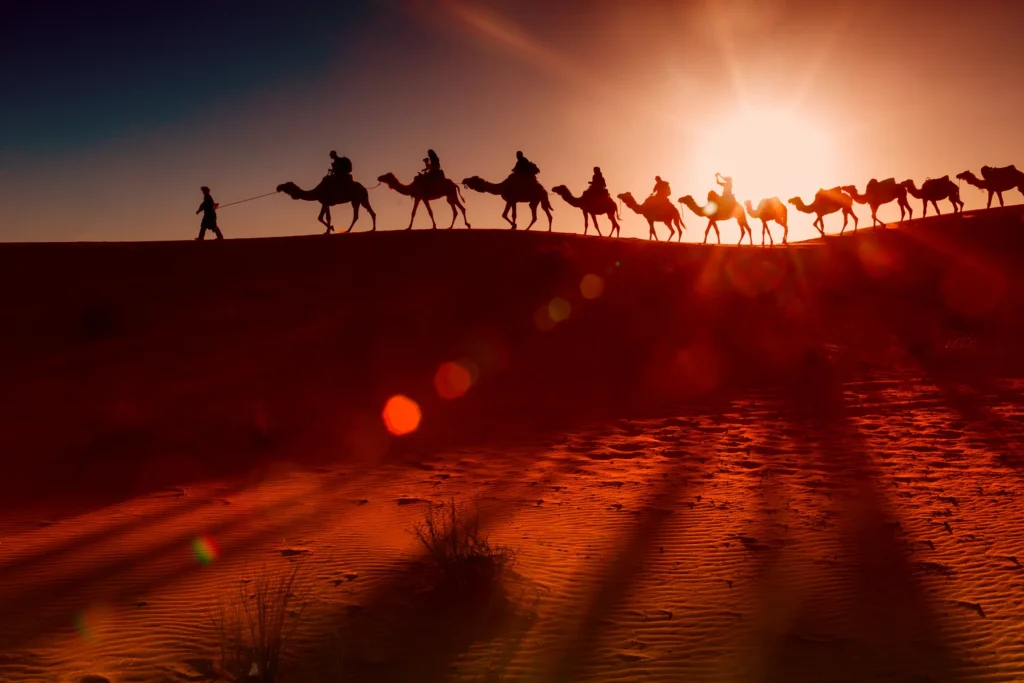
Morocco tours offer an unparalleled blend of exotic experiences, rich history, and warm hospitality. From the moment you step off the plane and inhale that first breath of spice-scented air, you’ll understand why this country captures the imagination of travelers worldwide.
Whether you’re wandering ancient medinas, camping under desert stars, sipping tea with Berber families, or learning traditional crafts from master artisans, Morocco tours create memories that linger long after your tan fades. The country’s unique position—geographically, historically, and culturally—makes it a destination that rewards curious and open-minded travelers.
As you plan your Moroccan adventure, remember that the most memorable experiences often come from unplanned moments: the impromptu invitation to a family celebration, the wrong turn that leads to a hidden gem, the conversation with a local that shifts your perspective.
“Morocco doesn’t just change your photos; it changes your lens. After experiencing its beauty and complexity, you’ll never see the world quite the same way again.”
Book or Customize Your Morocco Tours with Morocco Joy Tours
For the most seamless and enriching experience, I highly recommend traveling with Morocco Joy Tours. Their deep local connections, expert guides, and attention to detail have consistently made them the top choice for travelers seeking authentic Morocco tours. Whether you’re looking for a customized private journey or a well-crafted group experience, their team ensures every aspect of your Morocco adventure exceeds expectations.
Frequently Asked Questions About Morocco Tours
Is Morocco safe for tourists?
Morocco is generally safe for tourists, with low crime rates in most areas. Like any destination, exercise normal precautions, especially in crowded markets and tourist areas. The Moroccan government prioritizes tourism safety with dedicated police presence in popular destinations.
What’s the best time of year for a Morocco tour?
Spring (March-May) and fall (September-November) offer the most pleasant temperatures across Morocco. Summer can be extremely hot, especially in desert regions, while winter brings cooler temperatures and occasional snow in mountainous areas.
Do I need a visa to visit Morocco?
Travelers from many countries including the US, UK, EU, Canada, and Australia can enter Morocco visa-free for stays up to 90 days. Always check the latest requirements before booking your Morocco tour as policies may change.
What should women pack for a Morocco tour?
Women should pack modest clothing that covers shoulders and knees, especially when visiting religious sites and rural areas. A lightweight scarf is versatile for covering shoulders or hair when needed. In tourist areas, dress codes are more relaxed, but modest dress is still appreciated.
